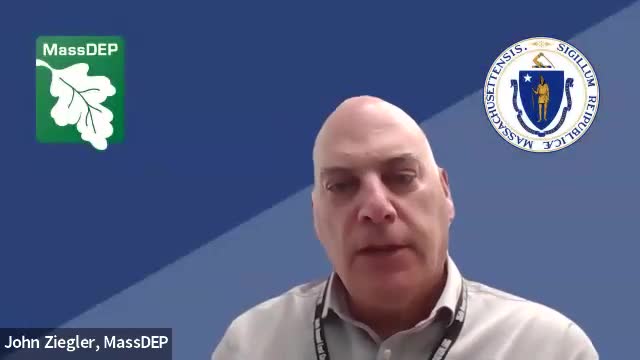Article not found
This article is no longer available. But don't worry—we've gathered other articles that discuss the same topic.

MassDEP: bottled water and point-of-entry systems offered for private wells at or above 90 ng/L; 59 systems installed

MassDEP mails 74 annual certifications for active mitigation systems, asks owners to run shutdown-restart tests

